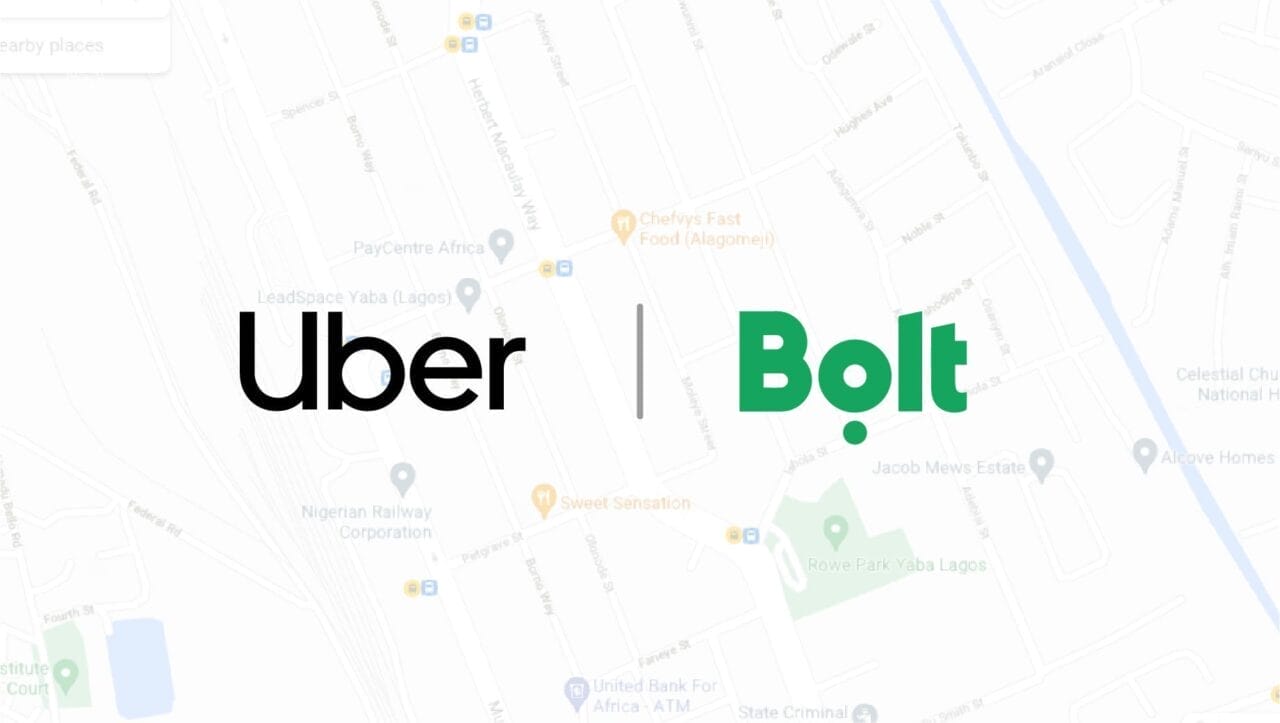
The increasing fuel prices in Nigeria have prompted Uber and Bolt drivers to negotiate higher fares with riders, deviating from the estimated prices set by ride-hailing platforms. This has become a necessary survival tactic after the Nigerian National Petroleum Corporation (NNPC) Limited announced another fuel price hike on Tuesday, pushing the cost of Premium Motor Spirit (PMS) to between ₦855 and ₦897 per litre, depending on location.
For many drivers, the fare estimates provided by Uber and Bolt no longer cover their expenses, forcing them to negotiate directly with riders for higher payments. According to drivers interviewed by Nairametrics, this trend has become widespread since the latest fuel price hike, as both platforms have yet to adjust fares to reflect the rising fuel costs.
A driver, who chose to remain anonymous, explained his rationale for price negotiations:
“I cannot be buying fuel at almost ₦1,000 per litre and still be accepting requests of ₦2,000 or ₦3,000. Even with the negotiation, it’s either I get requests from ₦5,000 upward or I park my car.”
This sentiment is echoed by other drivers, many of whom have adopted the strategy of either negotiating fares on long trips or rejecting requests they deem unprofitable. One driver stated that for any trip over ₦10,000, he typically contacts the rider to negotiate an additional ₦5,000. If the rider declines, the driver cancels the request. However, he noted that during surge pricing, he accepts the fare shown on the app without further negotiation.
Another driver explained his method for coping with the rising costs:
“If the app shows ₦7,000 for a trip from Ajah to Lekki Phase 1, I’ll charge between ₦9,000 and ₦10,000. Anyone who follows the app price now is just working for the ride-hailing companies, not themselves.”
Despite the drivers’ growing concerns, both Uber and Bolt have been slow to implement fare increases. In response to a driver who wrote to Bolt about the issue, the company stated:
“Thank you for sharing your concerns about the recent fuel price increase. We understand the impact it has on your earnings. Please know that fares are calculated according to Bolt’s policies, and we continuously review them to ensure fairness for both drivers and riders.”
This response indicates that while the platforms may eventually adjust fares, drivers are currently left to find their own coping mechanisms, with price negotiations becoming the norm.
On Tuesday, the NNPC reviewed the price of PMS, causing fuel prices to spike across Nigeria. The latest hike has worsened the challenges for both private car owners and public transport operators. Long queues at filling stations persist, and many stations are experiencing fuel shortages despite the higher prices.
In Lagos, Nigeria’s commercial hub, the rise in fuel prices has also led to a noticeable increase in transportation fares. Commuters now face higher costs, with fewer buses on the road and increased demand for ride-hailing services, further amplifying the negotiation practices of Uber and Bolt drivers.
Prior to the latest fuel price hike, Bolt implemented a price revision for riders in Abuja, which took effect on August 30, 2024. This revision saw the minimum fare rise from ₦1,300 to ₦1,495, the start fee increase from ₦737 to ₦884, and the cost per kilometre adjusted from ₦124 to ₦152. The charge per minute also increased from ₦21 to ₦25.
Bolt justified the increase as part of a broader strategy to improve drivers’ earning potential, acknowledging the increasing cost of living. However, for many drivers, this adjustment has not been enough to offset the impact of the fuel price hike, leading to continued dissatisfaction and negotiations with riders.
As fuel prices continue to rise, ride-hailing drivers in Nigeria are forced to seek alternative ways to maintain their income. Negotiating trip prices with riders has become a widespread practice as the platforms, particularly Uber and Bolt, have yet to implement significant fare adjustments. While Bolt’s recent fare revision in Abuja offers some relief, drivers across the country are still struggling to cope with the increasing costs of doing business, and further changes may be necessary to ensure their long-term viability.






